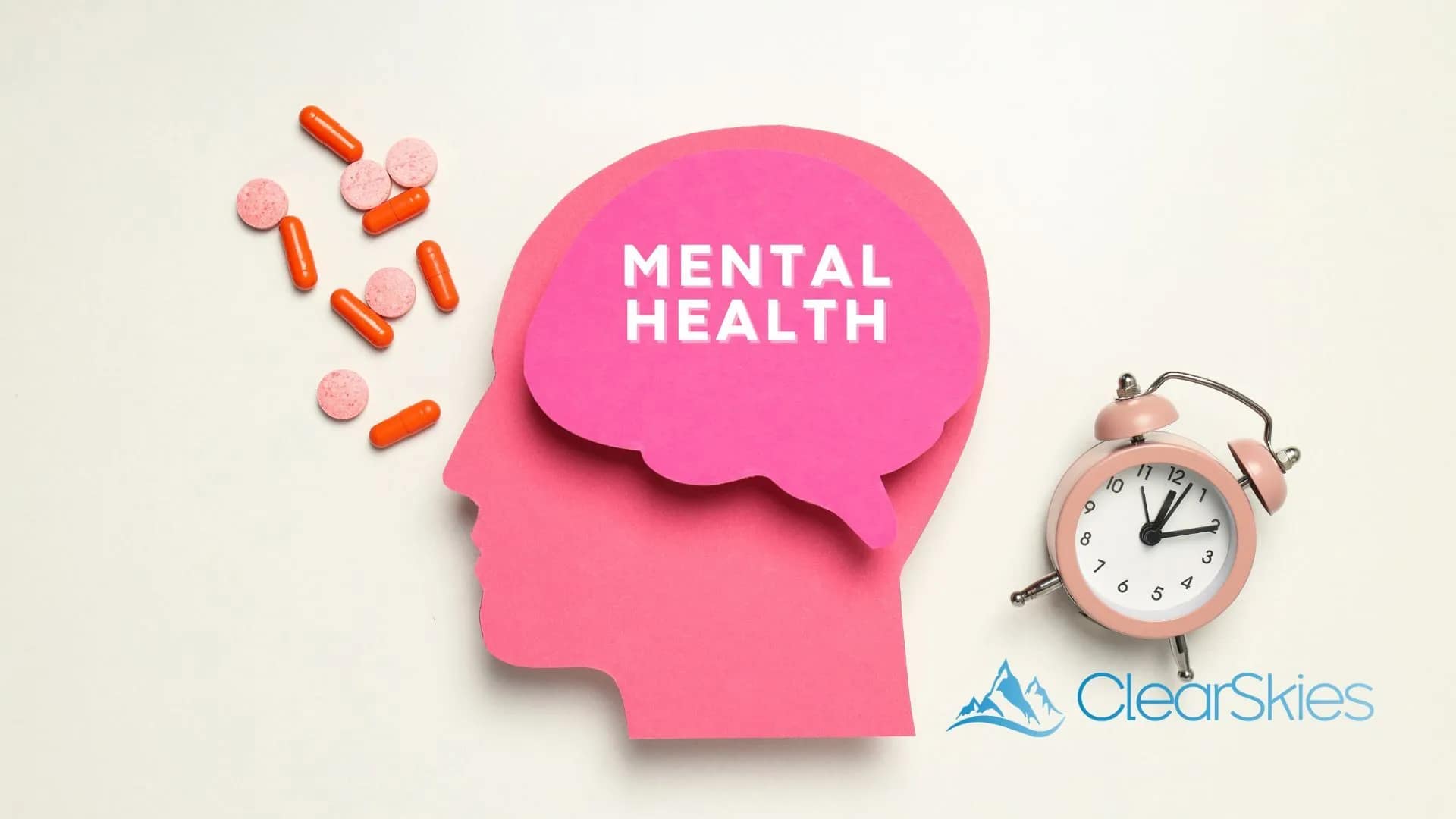Proactive steps to protect your mood, energy, and mental well-being
Recognizing the Early Signs of Seasonal Depression
Seasonal depression doesn’t typically appear overnight. Early signs often emerge during the transition from summer to fall and can include fatigue, irritability, changes in appetite, and a general loss of motivation. Many people dismiss these symptoms as normal seasonal stress or part of adjusting to colder weather. However, recognizing these subtle changes is crucial to addressing them before they intensify.
Some of the most common early signs include difficulty waking up in the morning, a tendency to oversleep, and a noticeable drop in motivation for work, hobbies, or social activities. Mood swings, irritability, and cravings for high-carb or sugary foods are also frequent indicators. By identifying these signs early, you can implement preventive strategies to avoid more severe symptoms later in the season.
The Importance of a Proactive Approach
One of the most challenging aspects of seasonal depression is how quietly and predictably it can emerge. Because it follows a seasonal pattern, this predictability offers a valuable opportunity to plan ahead. Taking a proactive approach not only reduces the intensity of symptoms but also helps you feel more in control of your emotional well-being during a time of year when many feel overwhelmed or depleted.
Building a Winter Wellness Routine
Establishing a daily routine can provide much-needed stability and predictability during the winter months. Consistent sleep habits are essential—going to bed and waking up at the same time each day can help regulate your internal clock, reduce fatigue, and support your mood. Regular physical activity is another powerful tool. Whether it’s walking, yoga, or at-home workouts, movement stimulates endorphins and improves emotional balance.
Nutrition also plays a key role in mental health. Eating a balanced diet rich in omega-3 fatty acids and complex carbohydrates supports emotional regulation. It’s equally important to limit sugary snacks, which can lead to energy crashes and mood dips. During the winter, it’s easy to isolate, but scheduling social interactions, even short check-ins with friends or family, helps combat feelings of loneliness.
Using Light to Fight Darkness
Light therapy is one of the most effective and accessible treatments for seasonal depression. A light therapy box mimics natural sunlight and helps regulate serotonin and melatonin, which are linked to mood and sleep. Using a light box each morning for 20 to 30 minutes can significantly improve energy levels and emotional stability. In addition to artificial light, getting outside during daylight hours, especially in the morning, can offer added benefits—even a short walk can help reset your circadian rhythm.
Supplementing with Vitamin D
Reduced exposure to sunlight during the colder months often results in lower Vitamin D levels, which can contribute to feelings of depression. Taking a daily Vitamin D supplement may help improve mood and energy. For many people, supplementing is a simple but important step toward feeling better through the winter.
Planning Activities to Look Forward To
The monotony of winter can wear on even the most resilient individuals. Planning enjoyable activities gives you something to anticipate and breaks up the routine. Whether it’s picking up a new hobby, trying out a creative project, or organizing a cozy game night with loved ones, these small joys can provide meaningful emotional boosts.
Mindfulness Practices for Seasonal Depression
Mindfulness-based practices like meditation, deep breathing, and journaling help reduce anxiety and shift focus to the present moment. These tools can be especially helpful in challenging the negative thought patterns that often accompany seasonal depression. Apps like Headspace and Calm offer guided sessions to make mindfulness easy to incorporate into daily life.
The Role of Professional Counseling
While lifestyle changes can make a significant difference, many people benefit from additional support through counseling. At Clear Skies Counseling in Abilene, Texas, we offer individualized therapy to help clients manage seasonal depression. Our therapists use evidence-based approaches like Cognitive Behavioral Therapy (CBT), which helps individuals identify and reframe unhelpful thought patterns and encourages engagement in meaningful activities even during periods of low motivation.
Medications as a Treatment Option
In some cases, medication may be a helpful addition to therapy and lifestyle adjustments. Antidepressants, particularly SSRIs, can support mood regulation by balancing brain chemistry. Consulting with a healthcare provider ensures you receive the appropriate treatment and guidance to determine if medication is the right choice for you.
The Value of Social Support
Having people you can turn to during difficult months is incredibly important. Whether it’s friends, family, or a support group, sharing your experiences helps relieve feelings of isolation and creates a sense of connection. Even brief, positive interactions can have a strong impact on emotional health.
Preparing Your Environment for Winter
Your surroundings can influence your mood more than you might expect. Creating a cozy, uplifting environment can make winter months more bearable. Use warm, bright lighting that mimics sunlight. Decorate your home with colors and items that make you feel calm and happy. Keeping your space clean and clutter-free can also promote a sense of peace and order.
Tracking Your Mood
Journaling your mood, energy levels, and daily activities helps you recognize patterns and understand what strategies work best for you. Over time, this record can provide insight into what triggers emotional dips and what consistently supports your well-being.
When to Seek Help
Despite best efforts, there may be times when symptoms of seasonal depression persist or worsen. If you’re unable to complete daily tasks, experiencing prolonged feelings of hopelessness or worthlessness, or having thoughts of self-harm, it’s important to seek professional support. These are signs that additional help is needed—and help is available.
How Clear Skies Counseling Can Help
At Clear Skies Counseling, we understand the complexities of seasonal depression. Our team is here to support you with compassionate care, personalized therapy plans, and practical tools for coping. Whether you’re seeking therapy, strategies for lifestyle changes, or simply a space to feel heard and understood, we’re here for you.
If you’re located in Abilene, Texas, and want to take the next step toward feeling better this season, contact us today. Together, we can build a plan that empowers you to navigate seasonal depression and create a more fulfilling, balanced life.










